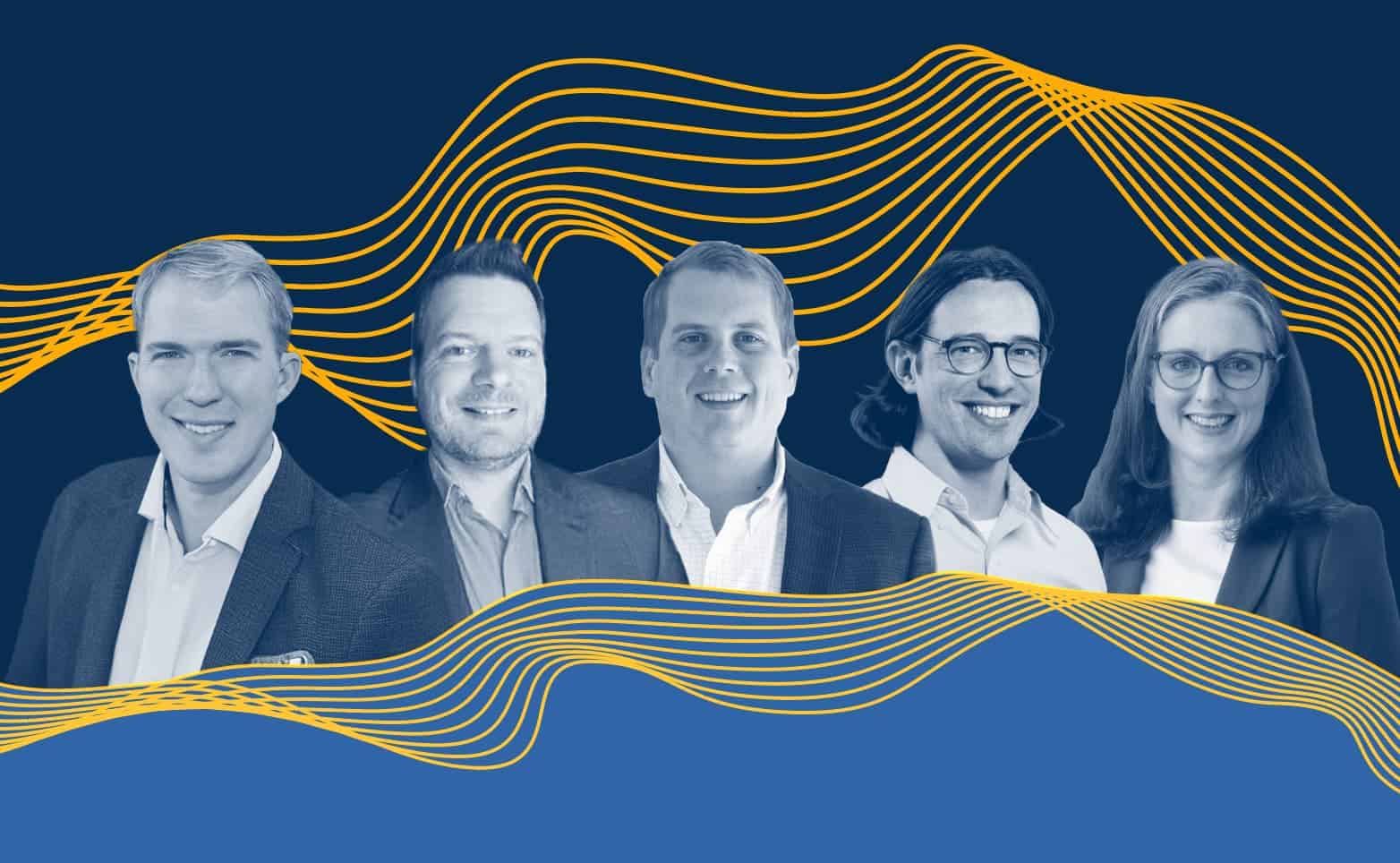
Five NERS faculty receive promotions
Promotions recognize excellence in plasma physics, materials science, reactor physics, and nuclear security.

Promotions recognize excellence in plasma physics, materials science, reactor physics, and nuclear security.
Five members of the Department of Nuclear Engineering and Radiological Sciences (NERS) have been promoted for their contributions to research, education, and service. These promotions reflect the department’s continued commitment to excellence across a range of fields, from high-fidelity reactor modeling to high-energy-density physics.
“I am extraordinarily proud of the successes of our early- and mid-career faculty whose excellence is being rewarded by these promotions,” said NERS Chair Todd Allen. “This points to many years of success in the years to come for NERS!”
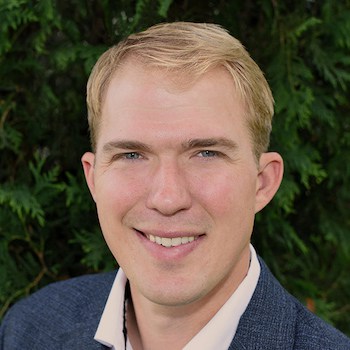
Scott Baalrud has been promoted to professor. Since joining NERS in 2021, Baalrud has advanced the theoretical foundations of plasma physics, focusing on kinetic theory and its applications to fusion energy, low-temperature plasmas, and astrophysical environments. His research group uses theoretical models and high-performance simulations to study strongly coupled, strongly magnetized, and low-temperature plasmas. Baalrud received the American Physical Society’s Thomas H. Stix Award for Outstanding Early Career Contributions to Plasma Physics in 2020.
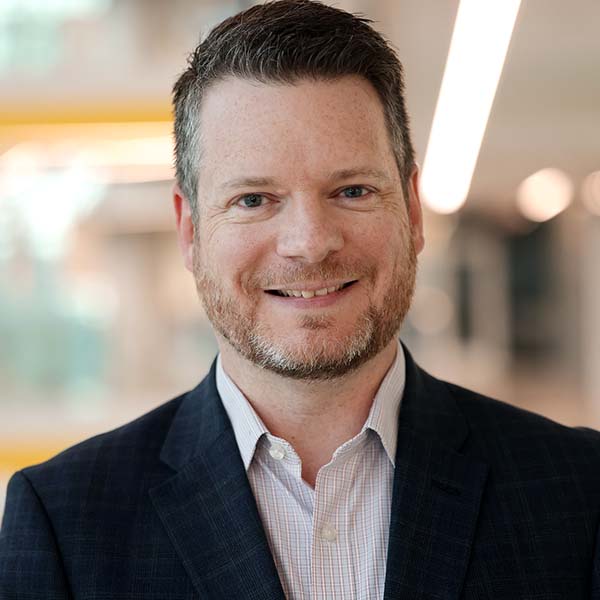
Shaun Clarke has been promoted to research scientist. He has been with NERS since 2008 and serves as associate director of the Consortium for Monitoring, Technology, and Verification (MTV). Clarke is an active researcher in areas of radiation detection, Monte Carlo modeling, and experiments using state-of-the-art digital electronics and organic scintillation detectors. His current research focuses on radiation detection systems for applications in nuclear nonproliferation, safeguards, and treaty verification. Clarke was a recipient of the 2025 Kenneth M. Reese Outstanding Research Scientist Award from Michigan Engineering.
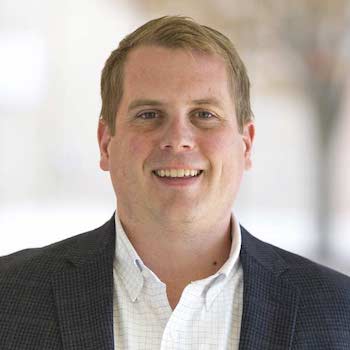
Kevin Field has been promoted to professor. He is the director of the Michigan Ion Beam Laboratory and serves as the NERS undergraduate program chair. Field is renowned for his groundbreaking work in coupling advanced characterization and irradiation methods to accelerate new insights on how materials perform in advanced nuclear energy systems. His team’s research has been and continues to be critical to advancing the materials science underpinning both fission and fusion energy systems, paving the way for safer and more efficient nuclear energy solutions. Field received a 2020 DOE Early Career Award, the 2024 American Nuclear Society Landis Young Member Engineering Achievement Award, and a 2025 Presidential Early Career Award for Scientists and Engineers (PECASE). He joined the department in 2019.
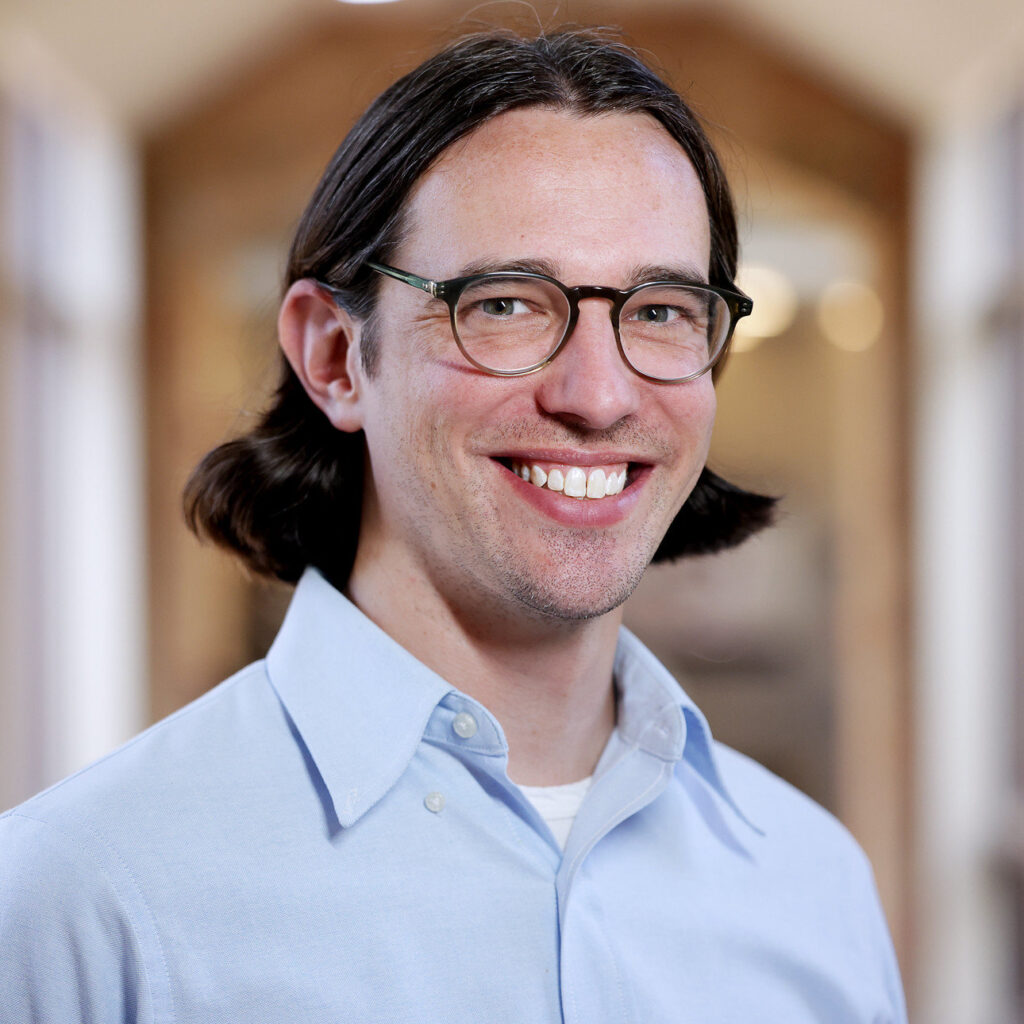
Brendan Kochunas has been promoted to associate professor and holds the Charles and Elizabeth Schrock Faculty Development Professorship. He joined NERS in 2019 and is a recognized leader in computational reactor physics. Kochunas developed the MPACT code, which became a cornerstone tool for the Consortium for Advanced Simulation of Light Water Reactors (CASL) and the Virtual Environment for Reactor Applications (VERA). He was awarded the 2022 DOE-NE Distinguished Early Career Program Award and the 2024 ANS Early Career Reactor Physicist Award. He also leads the development of the Virtual Ford Nuclear Reactor, an immersive simulation platform for nuclear engineering education.
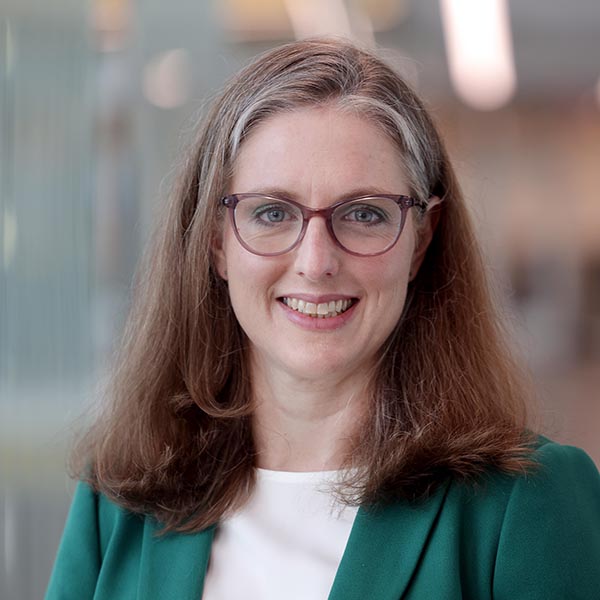
Carolyn Kuranz has been promoted to professor. She directs the Center for High Energy Density Laboratory Astrophysics Research (CHEDAR), serves as co-chair of the Engineering Physics program, and was the Associate Chair of NERS for the 2024 academic year. An experimental plasma physicist, Kuranz studies high-energy-density plasmas at major laser facilities including the National Ignition Facility and the Omega Laser Facility. Her recent honors include the 2023 Rackham Graduate School Faculty Achievement Award and the 2024 NERS Departmental Faculty Award. She is a Fellow of the American Physical Society.